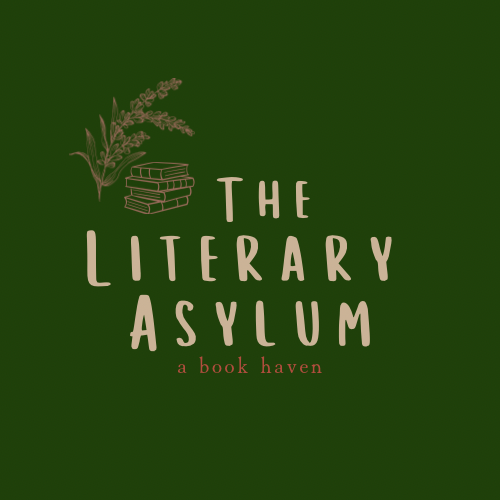A Little Life by Hanya Yanagihara
A Little Life by Hanya Yanagihara has been called “Remarkable,” “Astonishing,” and “Immersive.” Published in 2015 by Doubleday (Penguin Random House), A Little Life tells the story of four friends from college who work hard to stay friends in the midst of the ebb and flow of their lives. The center of this group of men is Jude, a young man haunted by a deep trauma he experienced during childhood. The novel is a story about love as much as it is about ambition and found family, what makes us and how we handle truths of our lives.
I first read this novel in 2021 for my MFA program. I even wrote a blog about it called A Little “Triggering” Life, where I explain that I normally don’t call for trigger warnings in literature, but this book may be different. I find that I’m drawn to books like A Little Life. As in, books that are sad and disastrous, tragic and indulgent. Of all the “sad” books I’ve read, this one is the most enormous, the most harrowing because of its depictions of traumas that only result in disgust. But, disgust does not turn me from a book as I’ve learned to embrace all my emotions and sit with them no matter how big they may be. Of course, this is a result of years of Dialectical Behavioral Therapy and my therapist forcing me to sit with my emotions no matter how bad they are. When I first read this book, I had only been in DBT for a few months and I almost couldn’t handle the book. That’s why I wrote the blog post (which you can still read on lunchticket.org).
Hanya Yanagihara mentioned in this interview that she wanted to “create a character that never gets better.” There would be no redemption arc, nothing to rectify the wrongs that were done to a character. The novel itself begs the question: is love enough to mend irreparable harm? I myself have asked this question and take it as one of my preoccupations in my own writing (to follow my path to publication, follow @j.ortavia on Instagram).
I knew about the author’s intent the moment I wanted to read the book again, especially since it has been heralded as “The Great Gay Novel.” Do I agree with this? Not really, but I can see how this is perceived. There is love in this book, but the sexualities of the characters in love are ambiguous. It just so happens that two cis men happen to be in love with each other after a long period of friendship–their sexualities are ambiguous because the novel makes it so, not because they are ill-explained. I’m not sure what parts make this into the “great” gay novel, but I suppose I get the point. I’m not sure if this should be heralded as such because of the trauma that Jude endures and the act of withholding that information in a relationship. The consequences are not dire, but are in fact, very loving, which makes the tragedy of it all so harrowing and hard to swallow. It is the moments of tenderness and intense love that makes A Little Life a hard novel to read, in my opinion. It is knowing the severity of trauma and it is the desire for readers to plead with Jude to realize he is loved, but is constantly faced with his willful need to counteract that love with disgust for himself.
I won’t deny this is a difficult novel to read. Even the second time through, the trauma Jude experienced as a child made me want to not believe there are people out there who can do these things. But there are. There are people who are capable of such horrors in the world–who is to say these things have not happened to someone in the real world? Despite this, the fact this is fiction implores different rules than real life. I encourage readers to really know what they’re going into while reading this book because it’s exhausting to say the least. Readers must be aware that they are embarking on a journey that is most likely outside of their own, one that seems unfathomable to many ways of life. But readers, understand that we humans are capable of the greatest compassion in the midst of unspeakable things. I’m not sure if this is what Yanagihara wanted us to get from this book, but this is what I gathered.
For good reason, I can’t rightly recommend this to anyone because this is a book not to be entertained by, but to experience.


